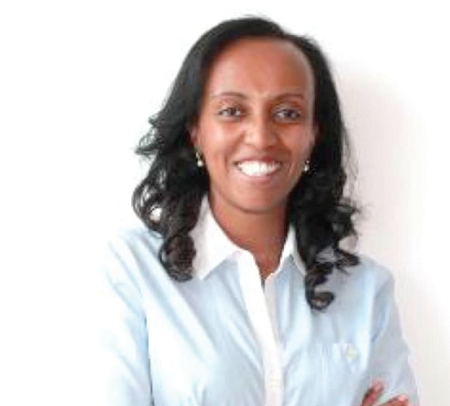
Africa set for agritech hub
Africa’s agricultural sector is set for exponential growth in the coming decade, a research commissioned by Microsoft and compiled by Africa Practice has revealed.
With a projected value of USD1 trillion by 2030, the continent is poised to become the global centre of agritech solutions and has also seen rapid growth in e-agriculture solutions.
Advertisement
With agriculture sustaining 70 per cent of Africa’s livelihoods, developing agritech solutions to enable data-driven, precise and connected farming will help farmers across Africa optimise yields, boost farm productivity and increase their profitability.
Africa global leader
Between 2016 and 2019 the agritech sector in Africa grew by 44 per cent year-on-year, and the continent has registered the highest number of agritech services in the developing world, reaching over 33 million smallholder farmers to date.
Agriculture already accounts for 14 per cent of GDP in Africa and for 52 per cent of the continent’s workforce. It is expected that as the continent’s middle class rapidly grows, they will drive increased demand for fresh produce, while the implementation of the African Continental Free Trade Area (AfCFTA) could boost intra-African trade by 49 per cent. Through increased investments in inputs, storage facilities and irrigation infrastructure, Africa is expected to increase its agricultural output by up to three times by 2030.
Digital interaction critical
Smallholder farmers account for 80 per cent of the farming community, and it is predicted that up to 200 million smallholders will be registered for agritech solutions by 2030. Mobile connectivity is predicted to reach over 55 per cent by 2030, compared with 45 per cent currently, meaning that over 85 per cent of smallholder farmers could have access to feature or smartphones and mobile solutions. This is instructive, as many smallholder farmers live in remote areas, are hard to reach, and lack purchasing power on their own.
With ongoing COVID-19 restrictions on movement, interacting with farmers digitally has become critical. Last year saw considerable growth across the continent in mobile money usage, e-commerce platforms, big data and e-extension services, all of which promise to drive further progress in agritech.
Agritech solutions have a direct impact on the farmers they engage with. Twiga Foods links smallholder farmers in rural Kenya to informal retail vendors in cities. With Twiga’s mobile-based business-to-business food supply platform, vendors can order fresh produce from farmers across Kenya at competitive prices.
Climate change prompts growth
The adverse impacts of climate change have highlighted the need to adopt climate-friendly, sustainable agricultural practices, including effective tools to manage climate-related information, and ensuring that sustainable practices trickle down to smallholder farmers. There is a need for more robust and sustainable farming practices, which requires innovative technology solutions.
The development of big data platforms is a means of informing farmers about agricultural best practices.
SunCulture identified access to water as the biggest challenge for most farmers, so the first product they developed was a solar-powered pump combined with micro irrigation. Through precision agriculture, Microsoft is supporting SunCulture with an IoT platform and Azure machine learning tools for their solar-based system, which allows them to offer farmers personalised recommendations and solutions through their mobile phones.
Richard Kiplagat, Group Director and MD East Africa for Africa Practice comments that, “Across Africa, agricultural transformation is well and truly underway.”
“Technology has the potential to change the face of farming, using smart tools and platforms for precision farming, predicting weather patterns, maximising the use of scarce water resources. By harnessing agritech, we can help solve the pressing issues around food security to meet the United Nations Sustainable Development Goal 2 of Zero Hunger, and enhance economic development in the process,” says Amrote Abdella, Regional Director, Microsoft 4Afrika.